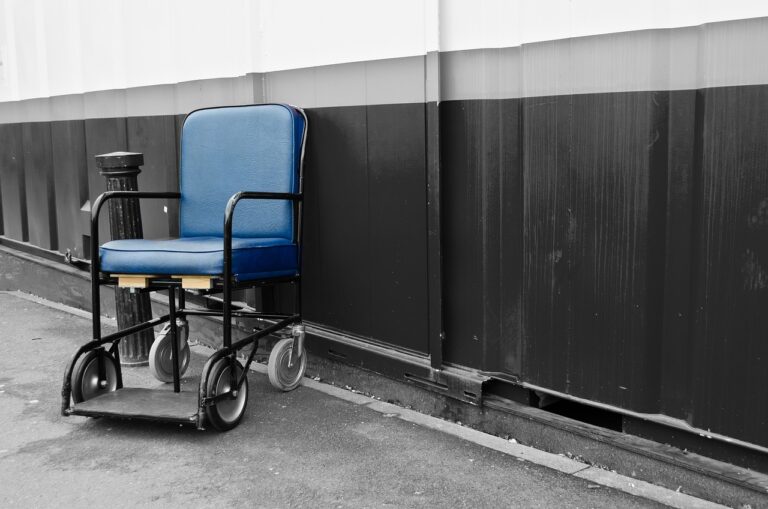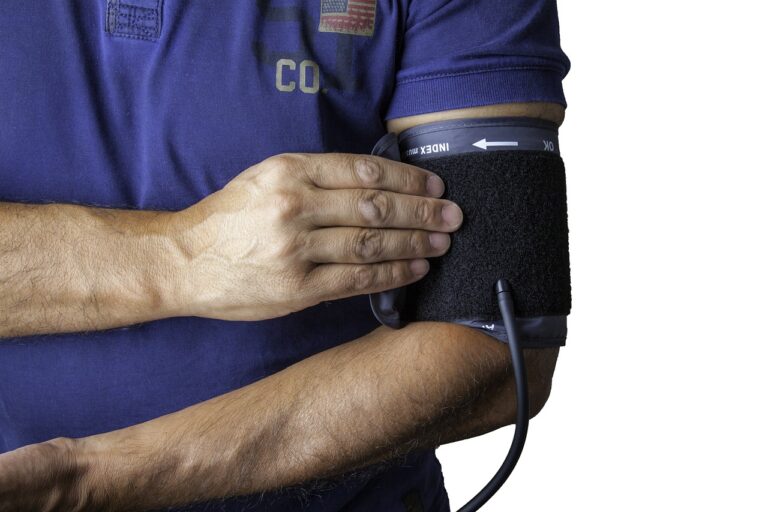The Potential of Gene Therapy for ALS: Restoring Motor Neuron Function
ALS, or amyotrophic lateral sclerosis, is a progressive neurodegenerative disorder that primarily affects motor neurons in the brain and spinal cord. Motor neurons are responsible for controlling voluntary muscle movements such as walking, talking, and swallowing. As ALS progresses, these motor neurons degenerate and eventually die, leading to muscle weakness, paralysis, and ultimately respiratory failure.
The exact cause of ALS remains unknown, although genetic factors, environmental influences, and abnormal protein accumulation in motor neurons are believed to play a role in its development. Early symptoms of ALS may include muscle twitching, weakness, and difficulty with speech or swallowing. As the disease advances, individuals with ALS may experience significant muscle atrophy, loss of mobility, and difficulty breathing. Unfortunately, there is currently no cure for ALS, and the average life expectancy following diagnosis is only 2 to 5 years.
Current Treatment Options for ALS
Significant strides have been made in the development of treatment options for individuals diagnosed with ALS. Although there is currently no cure for the disease, several medications have been approved by the FDA to help manage symptoms and improve quality of life for patients. Riluzole is one such medication commonly prescribed to reduce damage to motor neurons and potentially extend survival.
Aside from medication, individuals with ALS may also benefit from various therapies to manage symptoms and maintain function for as long as possible. Physical therapy can help with mobility and muscle strength, while speech therapy can aid in communication difficulties that may arise as the disease progresses. Occupational therapy is also instrumental in assisting patients with adapting to changes in their daily lives and maintaining independence.
Challenges in Treating ALS with Traditional Therapies
ALS poses a significant challenge for traditional treatment approaches due to its complex nature and the rapid progression of symptoms. Most traditional therapies focus on symptom management rather than targeting the underlying cause of the disease. This limitation makes it difficult to slow down the degeneration of motor neurons effectively. Additionally, the heterogeneity of ALS among patients further complicates treatment strategies, as what works for one individual may not be as effective for another.
Another issue in treating ALS with traditional therapies is the lack of specific and targeted drug options. Many existing medications used in ALS treatment have shown limited efficacy in slowing down disease progression or improving quality of life for patients. This gap highlights the urgent need for more research and development of novel therapies that can directly address the mechanisms driving motor neuron dysfunction in ALS. The current limited options emphasize the importance of exploring alternative treatment avenues to provide better outcomes for individuals living with ALS.
• Traditional therapies focus on symptom management rather than addressing the root cause of ALS
• Difficulty in slowing down motor neuron degeneration effectively
• Heterogeneity of ALS among patients complicates treatment strategies
• Lack of specific and targeted drug options for ALS treatment
• Existing medications show limited efficacy in disease progression
• Urgent need for research and development of novel therapies targeting motor neuron dysfunction
Overall, the challenges in treating ALS with traditional therapies highlight the importance of exploring alternative approaches to improve outcomes for patients. The complex nature of the disease requires a more targeted and effective strategy that goes beyond symptom management. By investing in research and developing innovative treatments, there is hope for better quality of life and increased survival rates for individuals living with ALS.
What is ALS?
ALS, or amyotrophic lateral sclerosis, is a progressive neurodegenerative disease that affects nerve cells in the brain and spinal cord, leading to muscle weakness and paralysis.
What causes ALS?
The exact cause of ALS is unknown, but it is believed to be a combination of genetic and environmental factors.
What are the current treatment options for ALS?
Current treatment options for ALS include medications to manage symptoms, physical therapy to improve mobility, and respiratory therapy to assist with breathing difficulties.
What are some challenges in treating ALS with traditional therapies?
Some challenges in treating ALS with traditional therapies include the limited effectiveness of available treatments in slowing the progression of the disease, the lack of a cure for ALS, and the difficulty in managing the complex symptoms that can arise.







